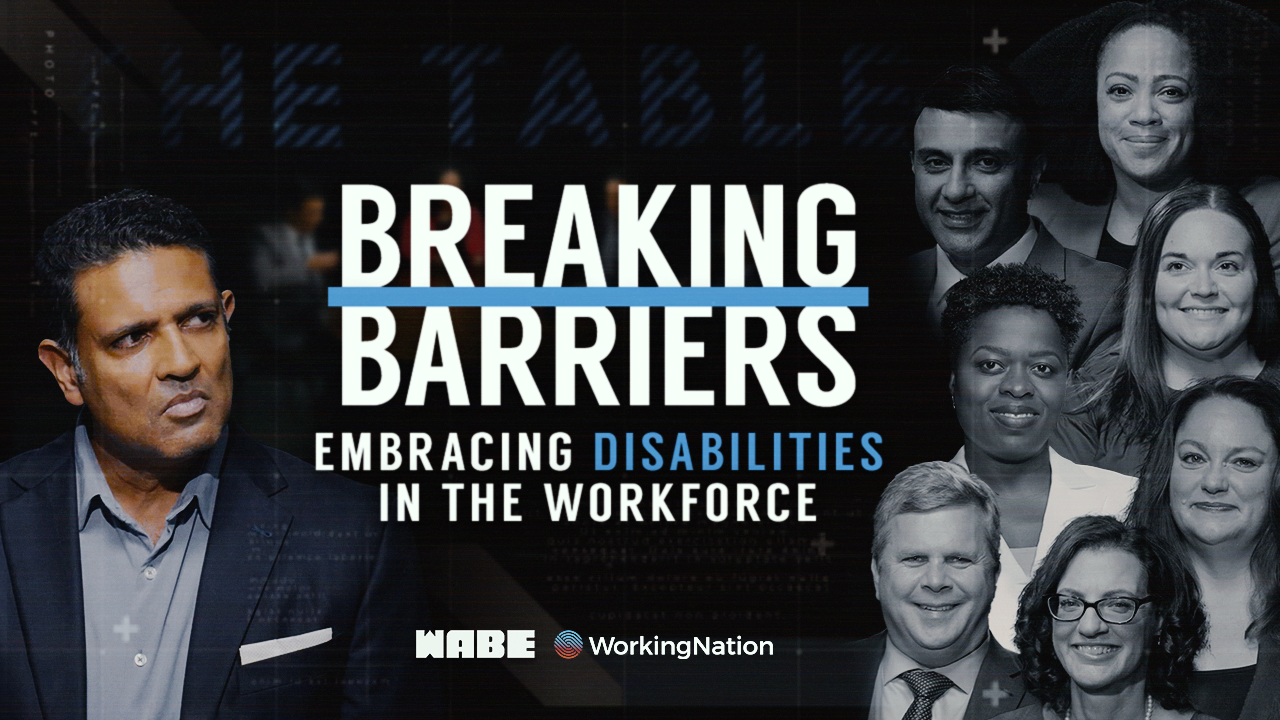When we think about the major drivers of economic progress, globalization and technology come to mind immediately.
After all, these two forces have increased productivity and opened up markets, creating opportunities for billions of people to improve their lives. So it is no coincidence they also are two of the four pillars of structural unemployment.
According to the IMF, the world never has been as prosperous as it is today. People are living longer, healthier lives. Fewer people live in extreme poverty. Medicine, education, and technology all help connect us in ways which were unimaginable just a few years ago. So why do so many people, especially in the U.S., feel like these changes have left them behind? Society seemingly is polarized like never before, showing visible cracks along multiple lines. Is nationalist rhetoric and a deep distrust of business undermining investment?
The Boston Consulting Group identifies seven opportunities for corporate leaders to improve the economic landscape:
- Shape the next wave of globalization: Make it a two-way street. Whereas the last wave of globalization centered on accessing foreign markets and creating low-cost global supply chains, the next wave could follow a very different pattern.
- Support entrepreneurial business ecosystems: Bet on the little guy. Depending on how we harness it, further technological progress could either exaggerate or ameliorate this divide.
- Leverage technology from front to back: Even things out. If we leverage it from the back office forward, focusing mainly on increasing efficiency and optimizing internal processes, then our use of technology will result primarily in the displacement of labor.
- Invest in human capital: Learn, Learn, Learn. Education is critical in creating career mobility and equality of opportunity, which are at least as important as—and closely tied to—income gaps.
- Apply a social business mindset: Be good neighbors. Establish social businesses that are adjacent to their core business models. This puts corporations in a position to solve some of society’s most fundamental problems by leveraging their core skills, not by making tangential and ultimately unsustainable philanthropic contributions.
- Rebalance and align rewards: Take care of the little guy. Mismatches between rewards and performance along the entire pay scale, from entry-level workers to leaders, undermine perceptions of fairness and faith in the system.
- Renew and own the narrative: Play offense. Narratives shape perceptions and political reality, which in turn shape economic reality.
So it is possible that prosperity does not need to be a zero-sum game, as businesses and Wall Street embrace a high-tech, global economy to grow. Workers and employers can re-tool together.
Are you ready?











